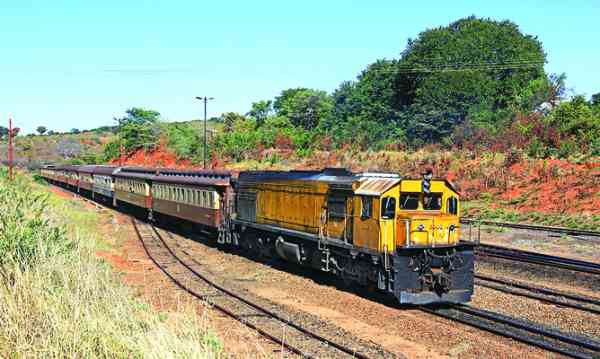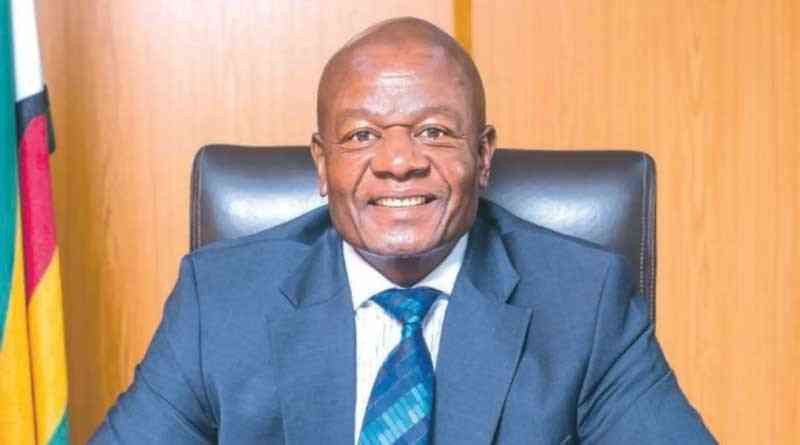
FOR decades, the National Railways of Zimbabwe (NRZ) has been a shadow of its former self, crippled by underinvestment, mismanagement and neglect. Yet, its revival remains one of the most urgent yet overlooked priorities for Zimbabwe’s recovery.
Continued failure to restore the NRZ to full capacity is costing businesses billions in avoidable transport expenses, while the overreliance on trucks is accelerating the deterioration of roads. The government must treat the NRZ as a strategic asset and fast-track its rehabilitation — not next year, not in the next budget cycle, but now.
With the NRZ operating at a fraction of its capacity, businesses have been forced to rely on road haulage, which is more expensive. Transport costs account for a staggering portion of product prices in Zimbabwe, making local goods less competitive both domestically and regionally.
Industries such as mining, agriculture, and manufacturing — key pillars of the economy — are particularly affected. Moving minerals, grain, or fertilisers by rail is up to 80% cheaper than by road, yet most companies have no choice but to use trucks due to NRZ’s inefficiencies.
Moreover, the surge in heavy trucks on Zimbabwe’s roads has accelerated infrastructure decay. Roads such as the Bulawayo-Victoria Falls are showing signs of strain due to excessive traffic. Investing in rail reduces long-term road maintenance expenses while lowering logistics costs.
Plans to revive the NRZ are not new, yet progress remains sluggish. Over the years, there have been multiple proposals, including public-private partnerships and foreign investment, but implementation has been hampered by bureaucratic delays and policy uncertainty.
The 2017 agreement with the Diaspora Infrastructure Development Group and Transnet collapsed amid controversies. Other potential investors have been deterred by the lack of a clear, consistent strategy. The government’s approach has been reactive rather than strategic, with piecemeal interventions failing to address systemic issues like outdated infrastructure and mismanagement.
The government must prioritise NRZ’s rehabilitation in the national budget, supplemented by private investment through transparent and credible partnerships. Policy consistency is critical — investors need assurance that agreements will be honoured, and clear, long term frameworks on rail concessions and tariffs must be established.
- Mavhunga puts DeMbare into Chibuku quarterfinals
- Bulls to charge into Zimbabwe gold stocks
- Ndiraya concerned as goals dry up
- Letters: How solar power is transforming African farms
Keep Reading
Beyond domestic needs, reviving the NRZ is vital for regional integration, as efficient rail links to Beira, Durban and other ports will enhance Zimbabwe’s trade competitiveness.
Zimbabwe cannot afford to keep neglecting its railways. Every day of delay means higher costs for businesses, more road damage, and missed opportunities for economic growth. The NRZ is not just a transport utility — it is a strategic enabler of trade, industry, and regional connectivity. The government must act with urgency to restore this critical asset before the economy pays an even steeper price. The time for excuses is over.






